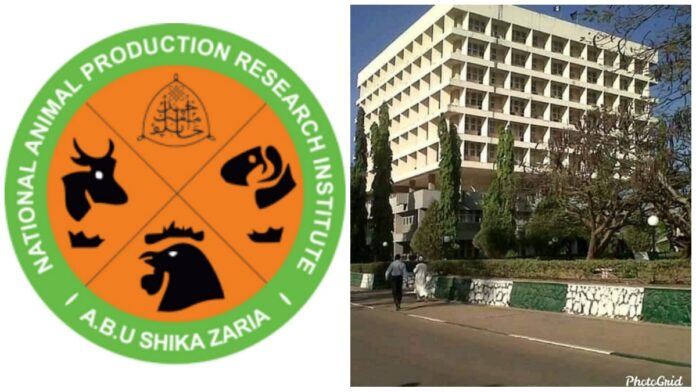The National Animal Production Research Institute, (NAPRI) Zaria in collaboration with partners is working towards establishing ranches in Toro, Bauchi state and Ebonyi to preserve the local donkey breed and enhance livestock farming.
Prof. Abdullahi Mohammed, Executive Director, NAPRI made this known on Sunday in Zaria.
Mohammed said the institute signed a memorandum of understanding with Earthwheel Logistics Limited and other partners sometime in February to breed over two million donkeys in Nigeria in the next five to 10 years.
He said the value chain is expected to generate about two billion dollars annually for the country.
Mohammed added that the partnership is aimed at improving the breed of donkeys and add value to the federal government’s diversification plan in agriculture.
“The National Council of Agriculture during its meeting in Sokoto observed that the number of donkeys in Nigeria was depleting. Subsequently, the Federal Ministry Agriculture and Rural Development declared donkeys as an endangered species due to high haulage of the animal from north to south-eastern part of the country for consumption and export. Another reason why the number of donkeys is depleting at such alarming rate is because donkey skins are being used for traditional medicine in Asia”.
He therefore said the federal government tasked the institute to do something towards improving the production of donkeys and that the institute has already established a donkey preservation and reproduction unit.
”We currently have more than 100 donkeys in the unit. NAPRI through a foreign partner ARLA Group (producers of Dano Milk, entered into an agreement with the Fulani community in Kubau Local Government of Kaduna state to enhance milk production and health of the animals”.
He added that the collaboration was hinged on the establishment of pastures.
“We used our farm machinery to cultivate a large pasture field around Damau area in Kubau local government. This partnership is aimed at ending farmers/herdsmen crises in the region”.
The executive director noted with concern the state of some research facilities at the institute.

